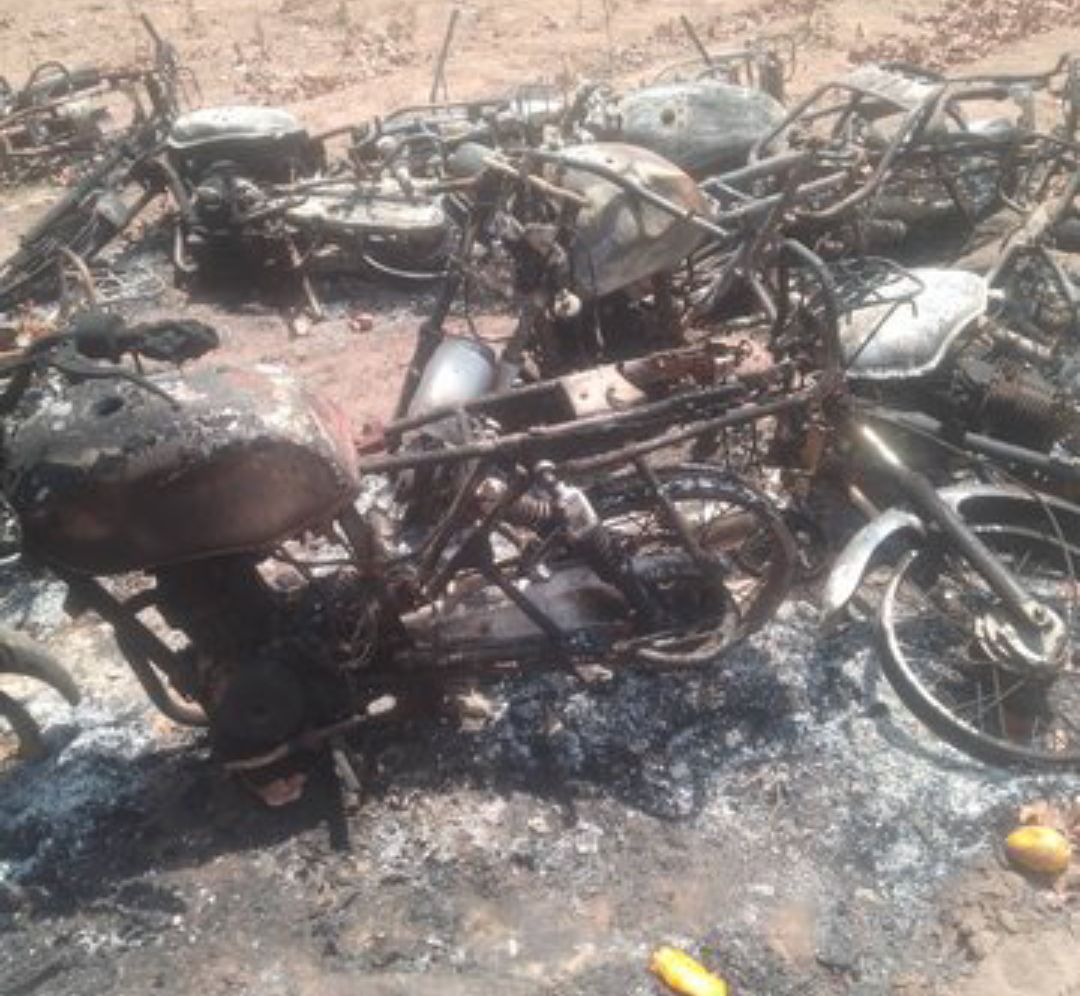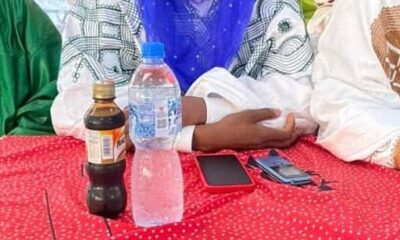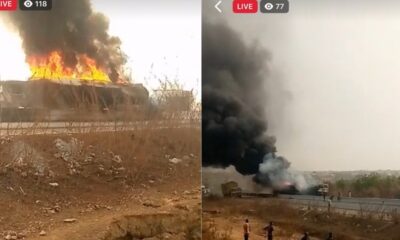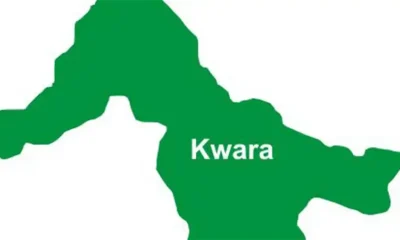Metro News
Anxiety as Mahmuda Terrorist launch fresh attack in Kwara village, set properties on fire

A terrorist group known as the Mahmuda Group has carried out a new attack on Duruma village, also known as Karonji, in Baruten Local Government Area of Kwara State.
The attack occurred on Friday evening, according to multiple sources who spoke to News360 Nigeria.
Eyewitnesses reported that the militants stormed the village on motorcycles and opened fire randomly, causing panic among residents.
The group also set fire to a car and several motorcycles belonging to local vigilante members. Two of the attackers were reportedly killed during the exchange with community security forces.
“This was what the Mahmuda boys did yesterday in Duruma village. Two of the militants were killed during the attack as well,” a resident said.
“The militants were only able to set fire on motorcycles and a car belonging to our local security operatives. They were repelled by them.”
This latest assault adds to a growing list of violent activities attributed to the Mahmuda group, which has been causing unrest in rural communities surrounding the Kainji Lake National Park.
Villages in Kaiama Local Government Area such as Kemaanji, Tenebo, Baabete, Nuku, and Nanu, along with parts of Baruten LGA including the Yashikira District, have all suffered similar attacks.
In Niger State, the group has reportedly taken over communities in the Babana and Wawa districts of Borgu LGA.
Sources also recalled a brutal attack last Wednesday in Kemanji, where more than 15 vigilante members and villagers were killed.
The group, led by a man identified only as “Mahmuda,” has released threatening voice messages warning communities of further violence.
They are known for kidnappings, demanding ransom, and enforcing extreme measures in the territories under their control.
Reports indicate that the group operates mainly in Hausa and identifies as a splinter sect from Boko Haram, claiming to promote Sunni jihadist ideology.
They have taken control of large portions of land within and around Kainji Lake National Park, an area of about 3,970 square kilometers, forcing residents to live under their rules and influence.
Residents say that militants collect dues from herders and levies from farmers using the forest land. Locals are sometimes forced to work on farms controlled by the group and pay ransoms when kidnapped.
They have also imposed bans on alcohol, smoking, and traditional healing practices, while occasionally preaching Islamic doctrines to win over locals and incite disloyalty to the Nigerian state.
It is feared that the group may also be involved in illegal mining operations within the park and is suspected of receiving support or protection from unknown high-ranking figures due to the sophisticated weapons in their possession.
Despite past efforts to dislodge them, the group has continued to regroup and expand its hold in the region.






































